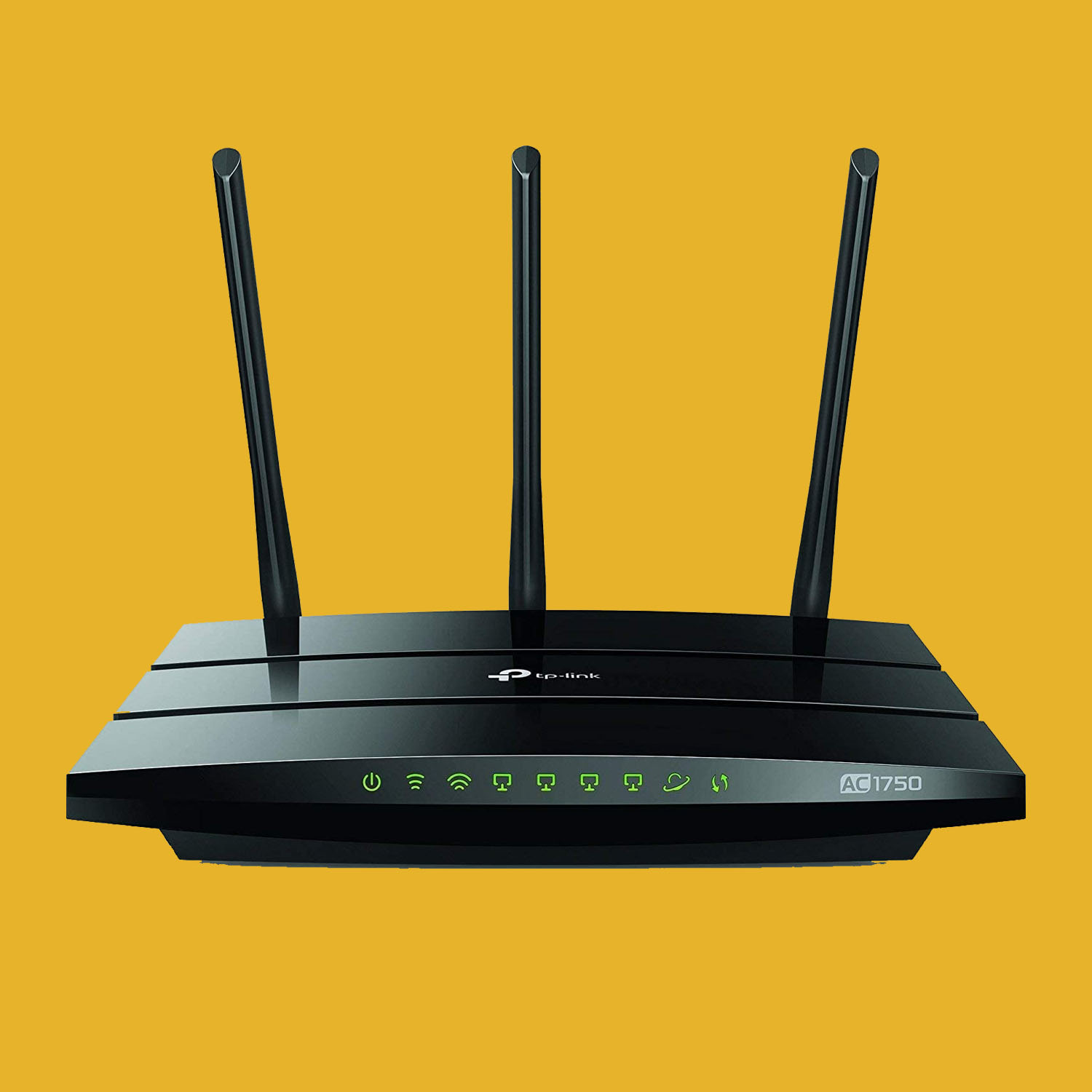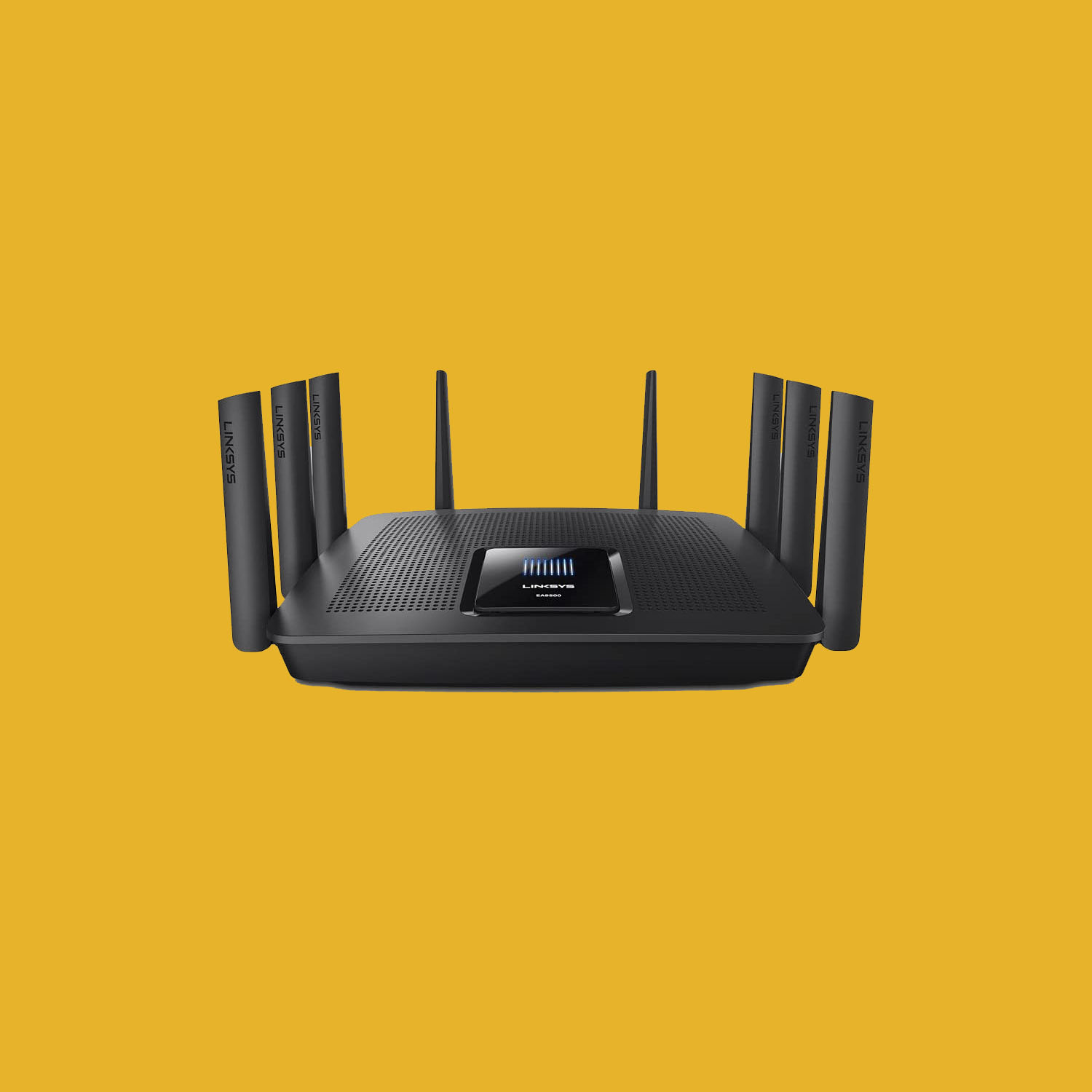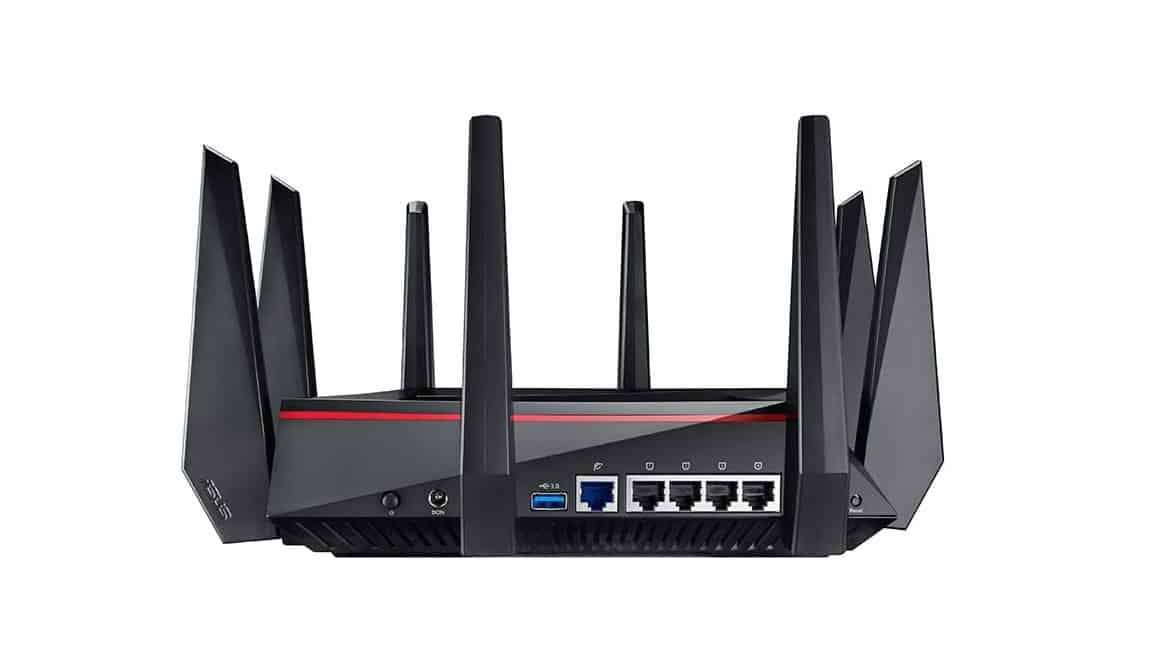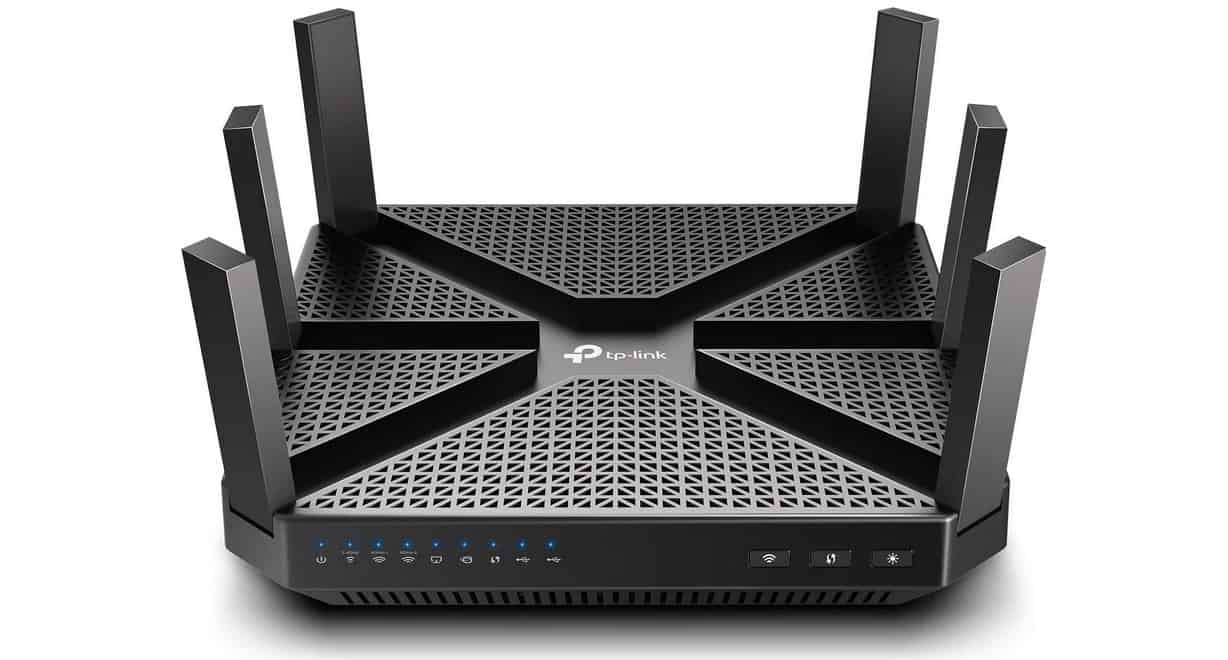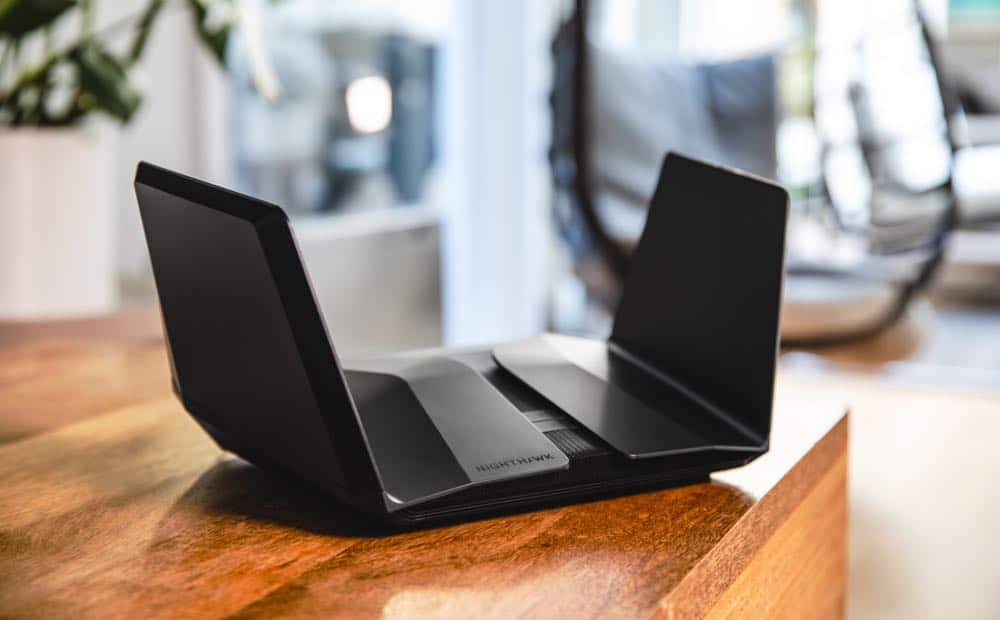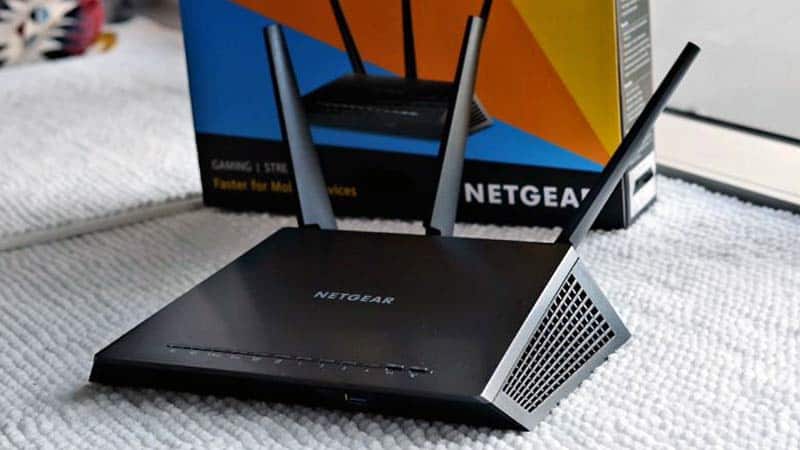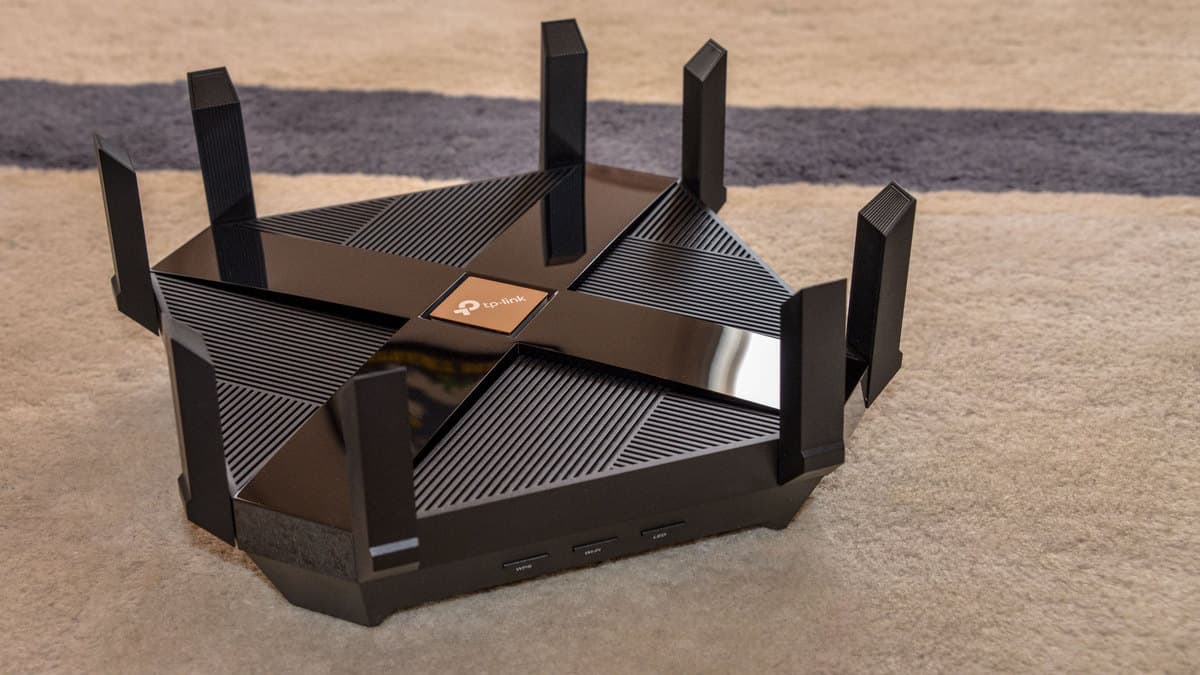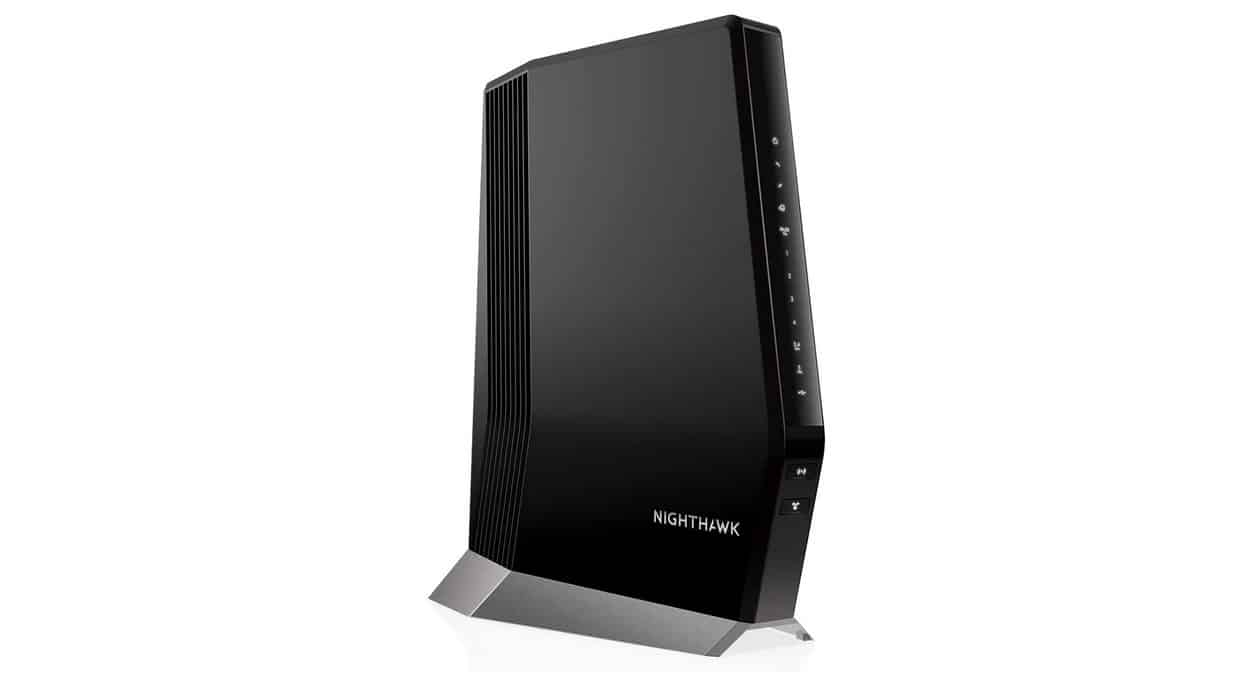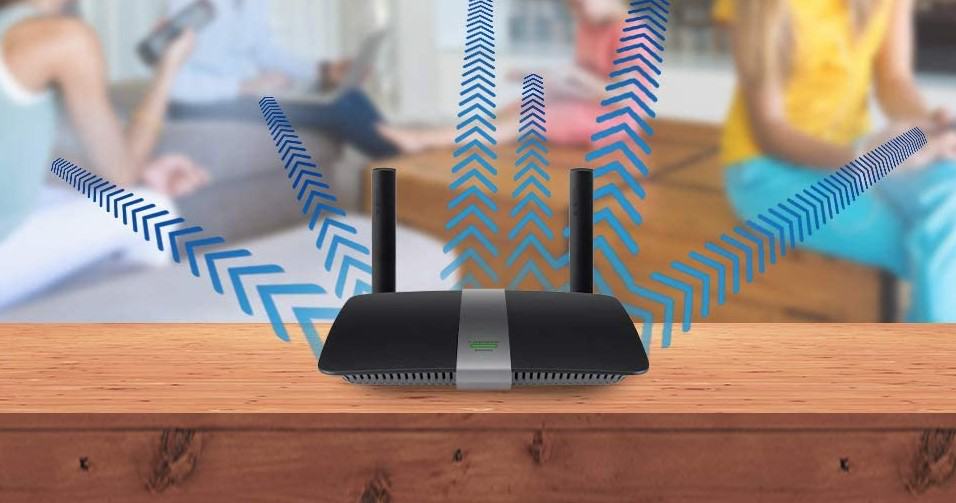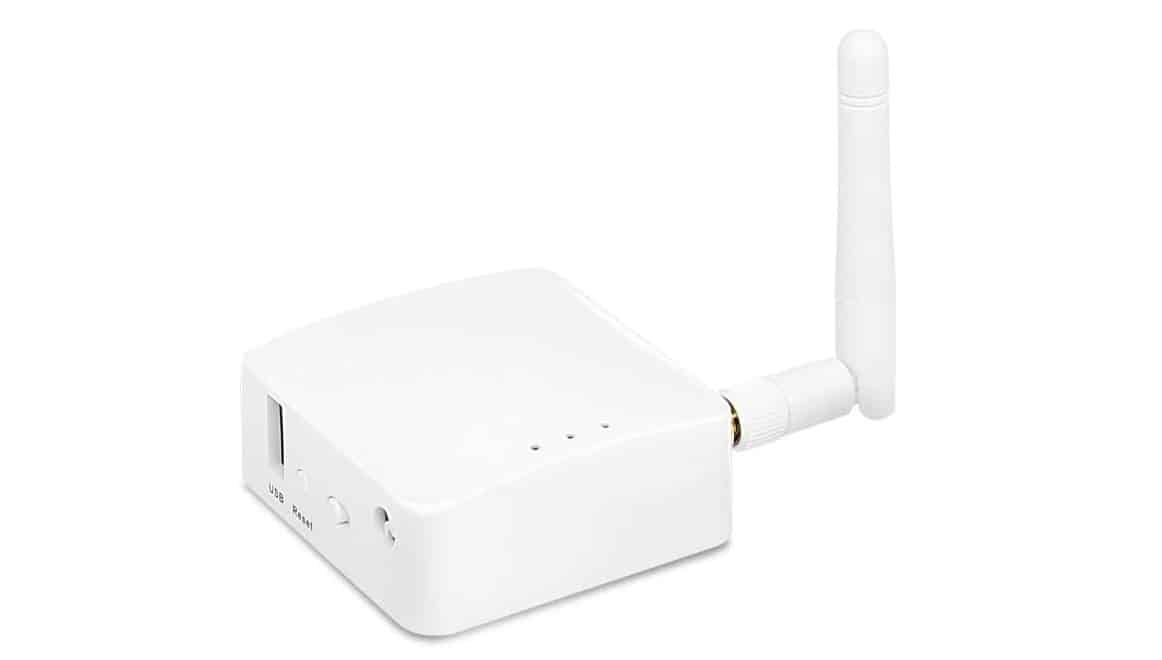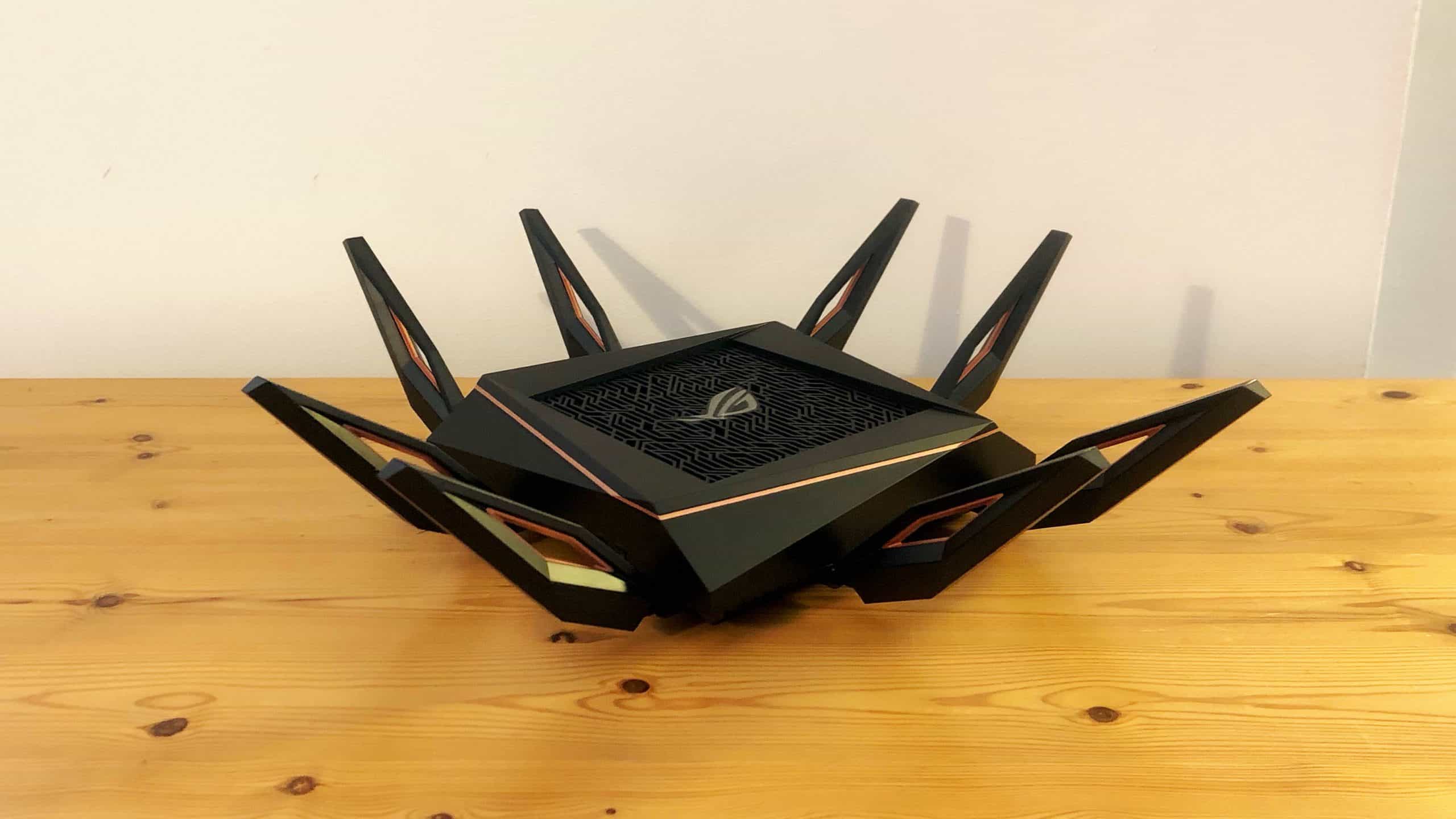If you’re shopping for a way to expand your home or office network, you may be considering a router bridge vs an access point. The best router should cover your entire network without much assistance, but there are times a Wi-Fi network won’t do what you need. Read on to discover whether a router bridge or access point is your best choice for a network connection.
KEY TAKEAWAYS:
- A router bridge connects two separate networks into a single, shared network.
- An access point links an Ethernet-only device or multiple devices with your wireless internet network.
- Go for a router bridge if your primary concern is sharing data between two separate networks. Choose AP mode if you want to connect Ethernet-only devices to Wi-Fi.
Comparing Router Bridges vs Access Points
The main difference between a router bridge and an access point is the end goal. An access point connects multiple wireless devices to a router, giving them all internet access and joining them to your network. Wireless bridges are ideal when joining two separate networks into connected network segments that can pass data around. In addition, router bridges connect divided network segments via ethernet cables or a wireless signal.
Insider Tip
Only invest in access points if your devices cannot connect to Wi-Fi on their own.
Either way, a modern router can serve as a bridge device or work as an access point. That said, if you’re interested in gaming on a Wi-Fi signal, check out our guide on 5GHz Wi-Fi vs Ethernet gaming.
Connection Speed
Access point mode is the best choice if you’re concerned about expanding the wireless connectivity of non-wireless devices in your home or business. In addition, your connection to the internet should remain snappy on connected devices. That said, a router bridge is better for transferring data between two separate networks. You’ll need a router with a bridge mode, but most routers have that capability. Keep in mind; there’s a big difference between a business router vs a home router, so read our guide to see which is better for bridge or AP mode.
Stability
AP mode should be your go-to choice in terms of Internet connectivity, especially if you’re dealing with more than one wireless client. In addition, there’s no better option for getting wireless access to a wired device. On the other hand, if you’re worried about linking software components across additional devices on a separate network, a router bridge is a solid option. The connection is excellent, but it isn’t ideal if your goal is to extend internet access.
Cost
AP mode extends a wireless network through LAN and Ethernet cable connected to multiple access points. So, you’ll need to purchase additional supplies to grant wireless access to numerous devices. As long as you have the tools, forming a wireless bridge requires flipping a switch and maybe a little software configuration.
Warning
Setting your router to network bridge mode will stop it from being an available Wi-Fi source.
F.A.Q.S
Do Google Nest Wifi and Google Wifi support bridge mode?
Yes, Google Nest and Google Wi-Fi have a bridge mode, but it will only work with a single wireless device.
What is a wireless router?
A wireless router connects your wireless devices to the internet by broadcasting one or more frequency bands. For example, most dual-band routers use 2.4GHz and 5GHz frequency bands.
What is Mesh WiFi?
Mesh Wi-Fi is a system of interconnected wireless nodes that connect to a single Wi-Fi router connected to the modem. Mesh Wi-Fi eliminates dead zones in the home, and the wireless nodes use the same SSID as the original router.
What is a wireless AP?
A wireless AP or wireless access point (WAP) is a device that connects wireless devices over a wired connection. For example, a wireless router connects to the modem via ethernet and links to the access point over Wi-Fi. A device like a laptop connects to the Access Point over ethernet.
STAT: Not only is 2.4GHz known to be more vulnerable to external interference, but it also has a maximum bandwidth of 240 Mbps vs. 600 Mbps over 5GHz. (source)
REFERENCES:
- https://www.brookings.edu/research/bridging-digital-divides-between-schools-and-communities/
- https://csrc.nist.gov/glossary/term/access_point
- https://en.wikipedia.org/wiki/Wireless_access_pointr
- https://fedvte.usalearning.gov/courses/MSDS2015/course/videos/pdf/MS_D01_S04_T03_STEP.pdf
- https://www.youtube.com/watch?v=Ft14JnN6ecg




















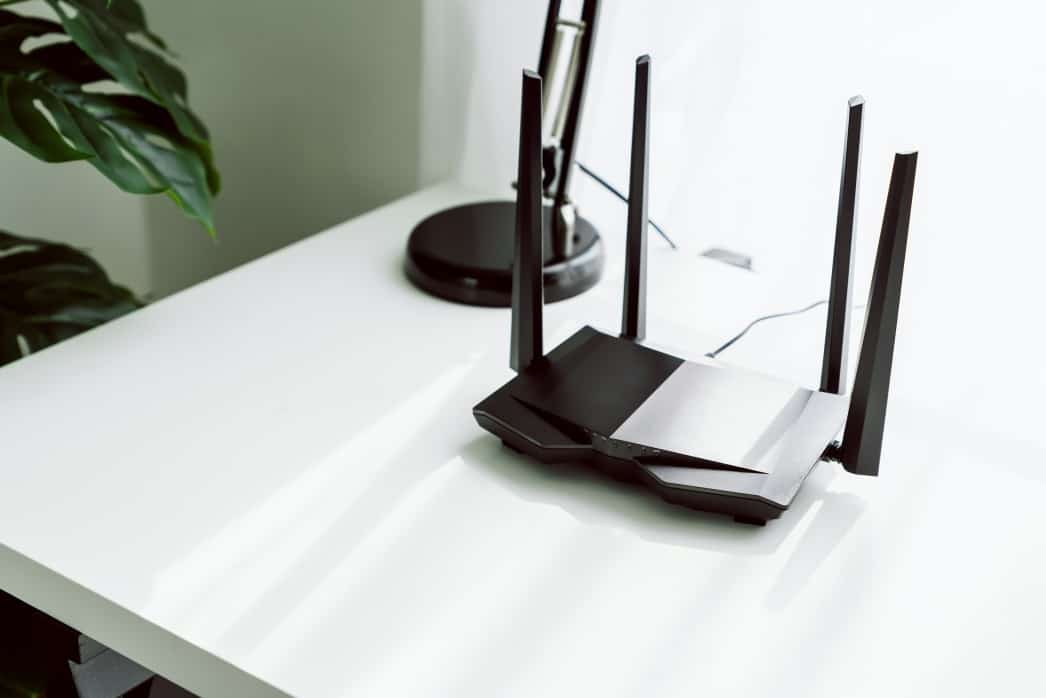




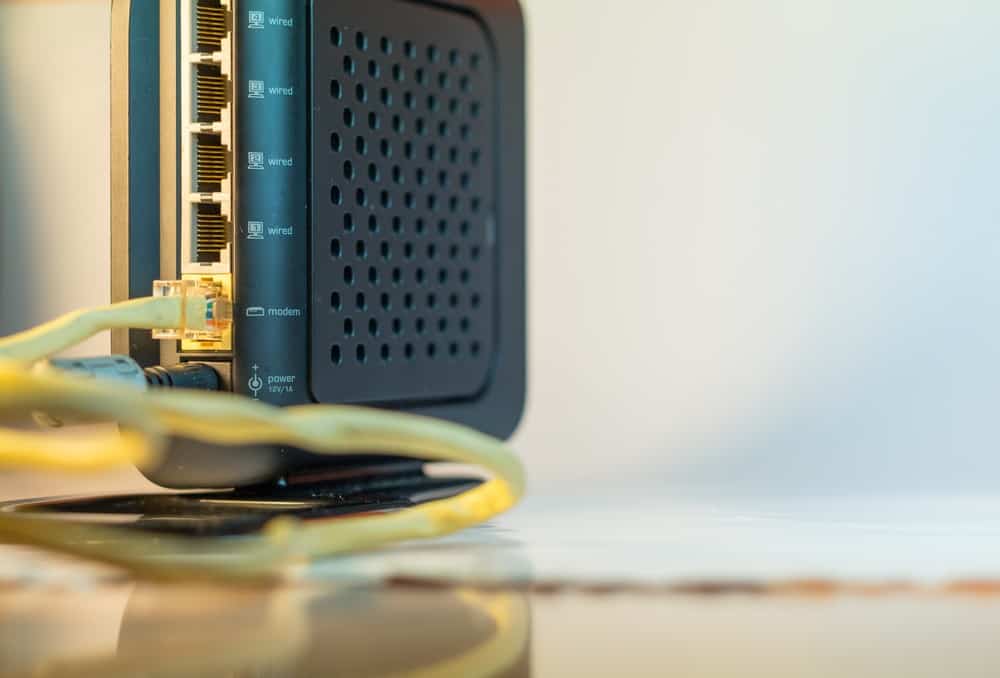

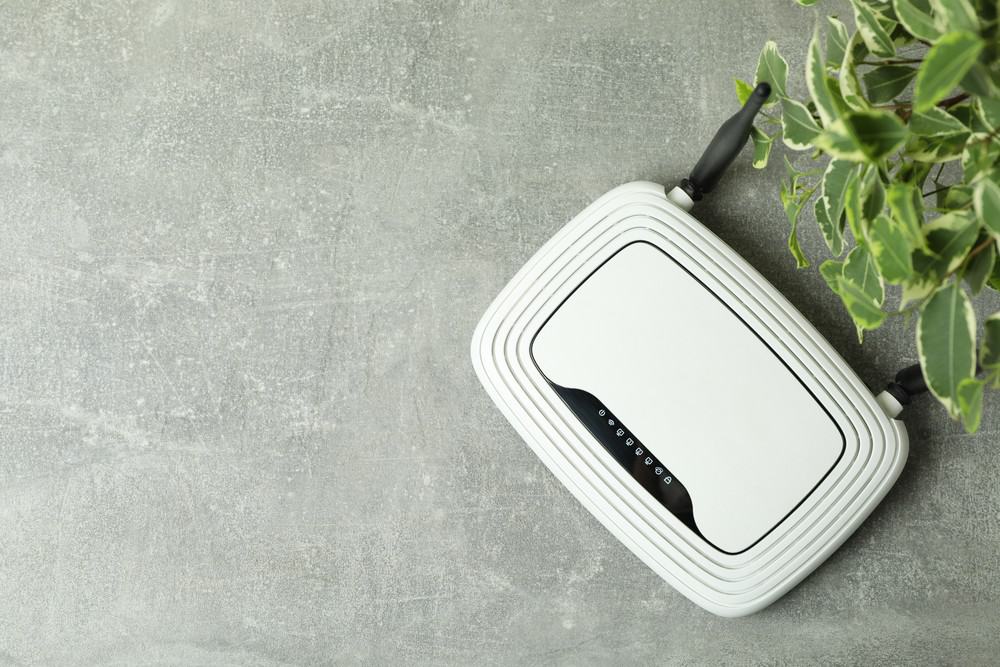
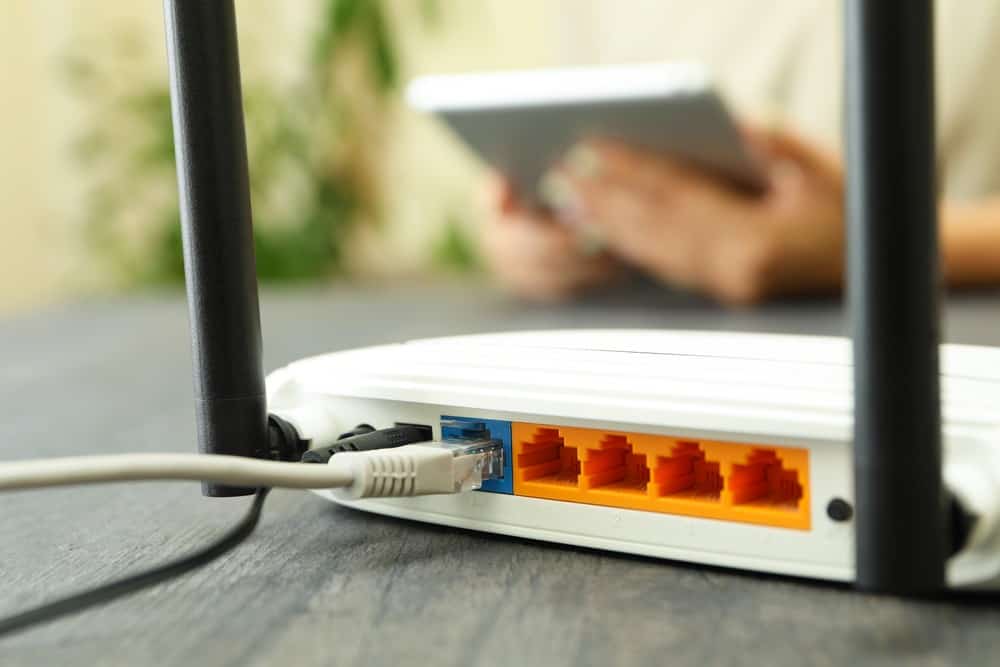
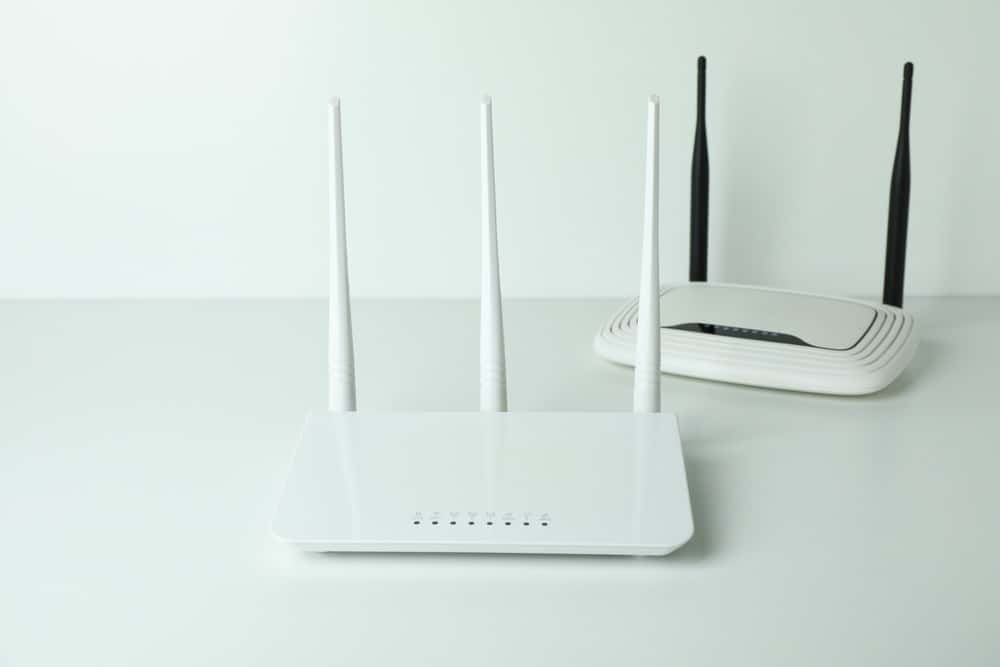
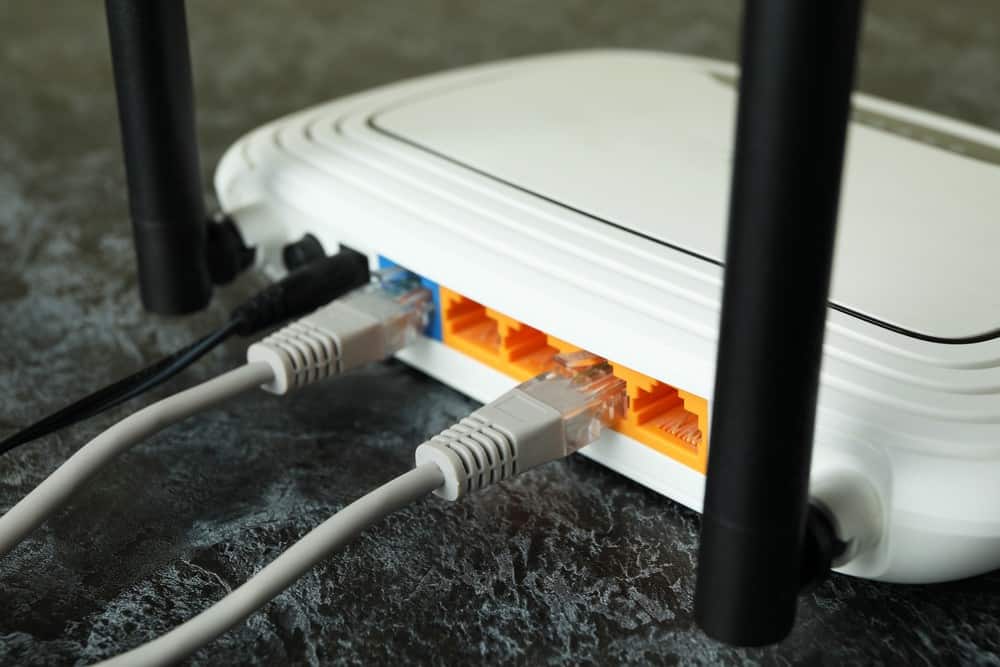
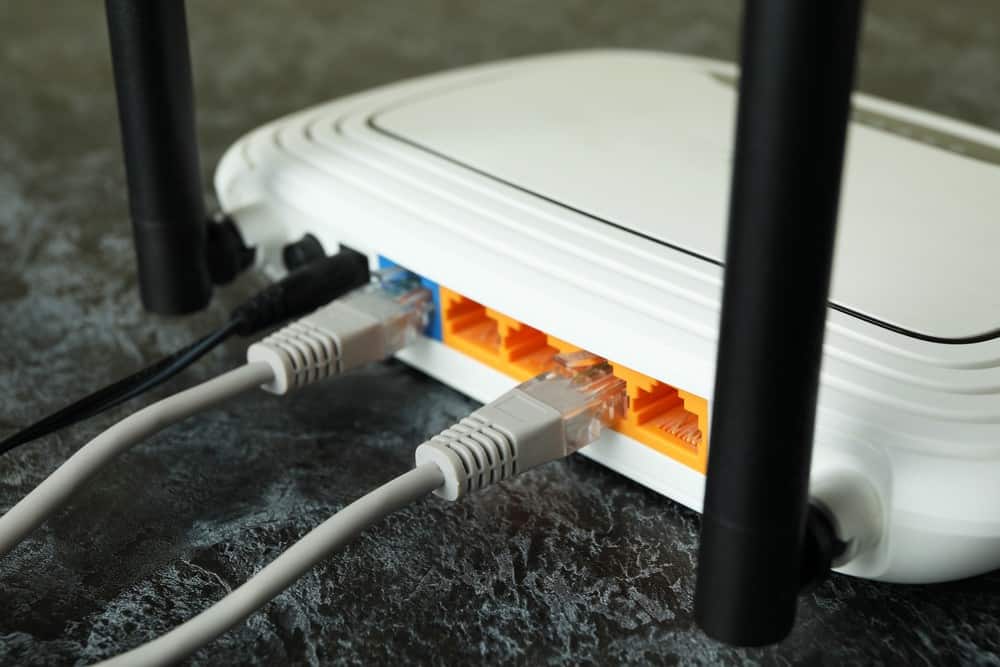
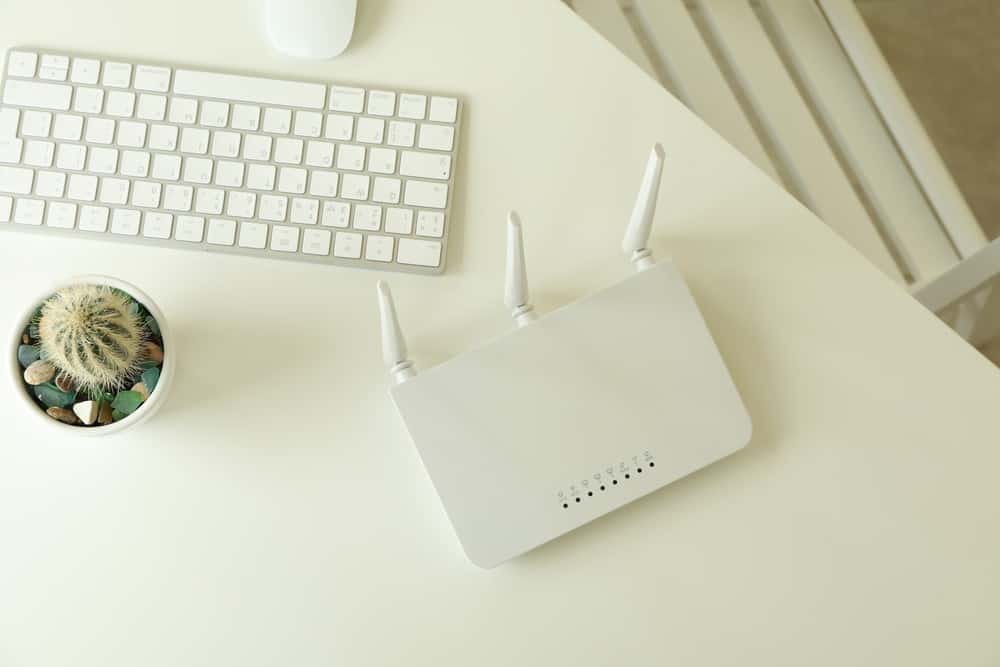

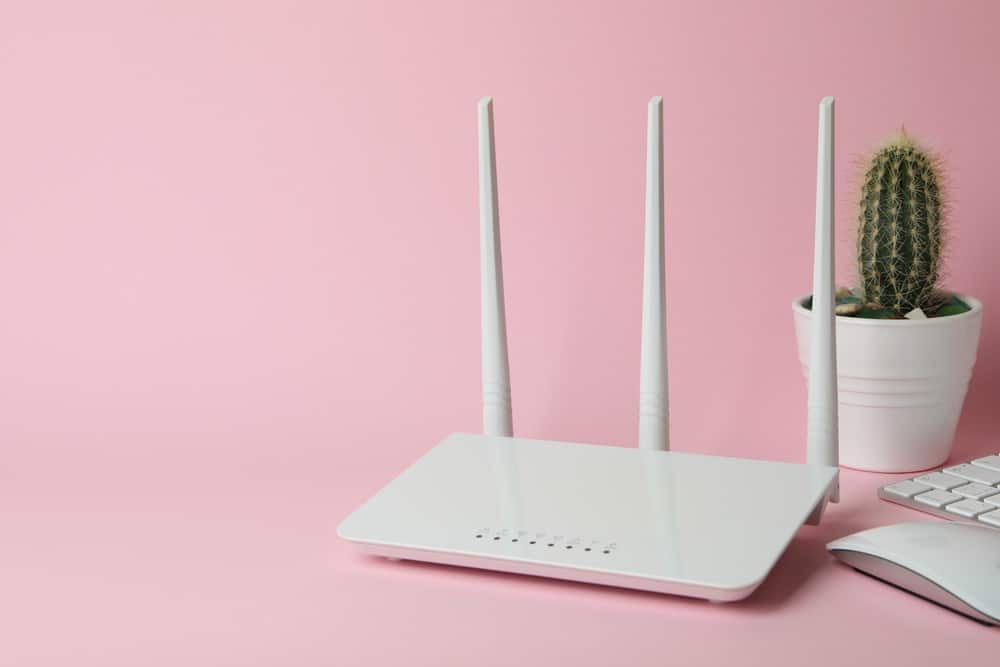
![Best BenQ Monitors in [year] 27 Best BenQ Monitors in 2026](https://www.gadgetreview.dev/wp-content/uploads/best-benq-monitor-image.jpg)
![Best Wifi Extenders For FiOS in [year] 28 Best Wifi Extenders For FiOS in 2026](https://www.gadgetreview.dev/wp-content/uploads/best-wifi-extender-for-fios-image.jpg)
![Best Fiber Optic Routers in [year] 29 Best Fiber Optic Routers in 2026](https://www.gadgetreview.dev/wp-content/uploads/best-fiber-optic-router-image.jpg)
![Best VoIP Routers in [year] 30 Best VoIP Routers in 2026](https://www.gadgetreview.dev/wp-content/uploads/best-voip-router-image.jpg)
![Best Routers for 200Mbps in [year] 31 Best Routers for 200Mbps in 2026](https://www.gadgetreview.dev/wp-content/uploads/best-router-for-200mbps-image.jpg)
![Best Routers for Optimum in [year] 32 Best Routers for Optimum in 2026](https://www.gadgetreview.dev/wp-content/uploads/best-router-for-optimum-image.jpg)
![Best Routers for Apple in [year] 33 Best Routers for Apple in 2026](https://www.gadgetreview.dev/wp-content/uploads/best-router-for-apple-image.jpg)
![Best Routers for Frontier FIOS in [year] 34 Best Routers for Frontier FIOS in 2026](https://www.gadgetreview.dev/wp-content/uploads/best-router-for-frontier-fios-image.jpg)
![Best Secure Routers in [year] 35 Best Secure Routers in 2026](https://www.gadgetreview.dev/wp-content/uploads/best-secure-router-image.jpg)
![Best Routers for Google Fiber in [year] 36 Best Routers for Google Fiber in 2026](https://www.gadgetreview.dev/wp-content/uploads/best-router-for-google-fiber-image.jpg)
![Best Routers for Cox in [year] 37 Best Routers for Cox in 2026](https://www.gadgetreview.dev/wp-content/uploads/best-router-for-cox-image.jpg)
![Best Asus Routers in [year] 38 Best Asus Routers in 2026](https://www.gadgetreview.dev/wp-content/uploads/best-asus-routers-image.jpg)
![Best Linksys Routers in [year] 39 Best Linksys Routers in 2026](https://www.gadgetreview.dev/wp-content/uploads/best-linksys-routers-image.jpg)
![Best Routers for CenturyLink in [year] 40 Best Routers for CenturyLink in 2026](https://www.gadgetreview.dev/wp-content/uploads/best-router-for-centurylink-image.jpg)
![Best WiFi Routers for Multiple Devices in [year] 41 Best WiFi Routers for Multiple Devices in 2026](https://www.gadgetreview.dev/wp-content/uploads/best-wifi-router-for-multiple-devices-image.jpg)
![Best Wired Routers in [year] 42 Best Wired Routers in 2026](https://www.gadgetreview.dev/wp-content/uploads/best-wired-router-image.jpg)
![Best Routers for 4K Streaming in [year] 43 Best Routers for 4K Streaming in 2026](https://www.gadgetreview.dev/wp-content/uploads/best-router-for-4k-streaming-image.jpg)
![Best Cisco Routers in [year] 44 Best Cisco Routers in 2026](https://www.gadgetreview.dev/wp-content/uploads/best-cisco-routers-image.jpg)
![Best eero Routers in [year] 45 Best eero Routers in 2026](https://www.gadgetreview.dev/wp-content/uploads/best-eero-routers-image.jpg)


